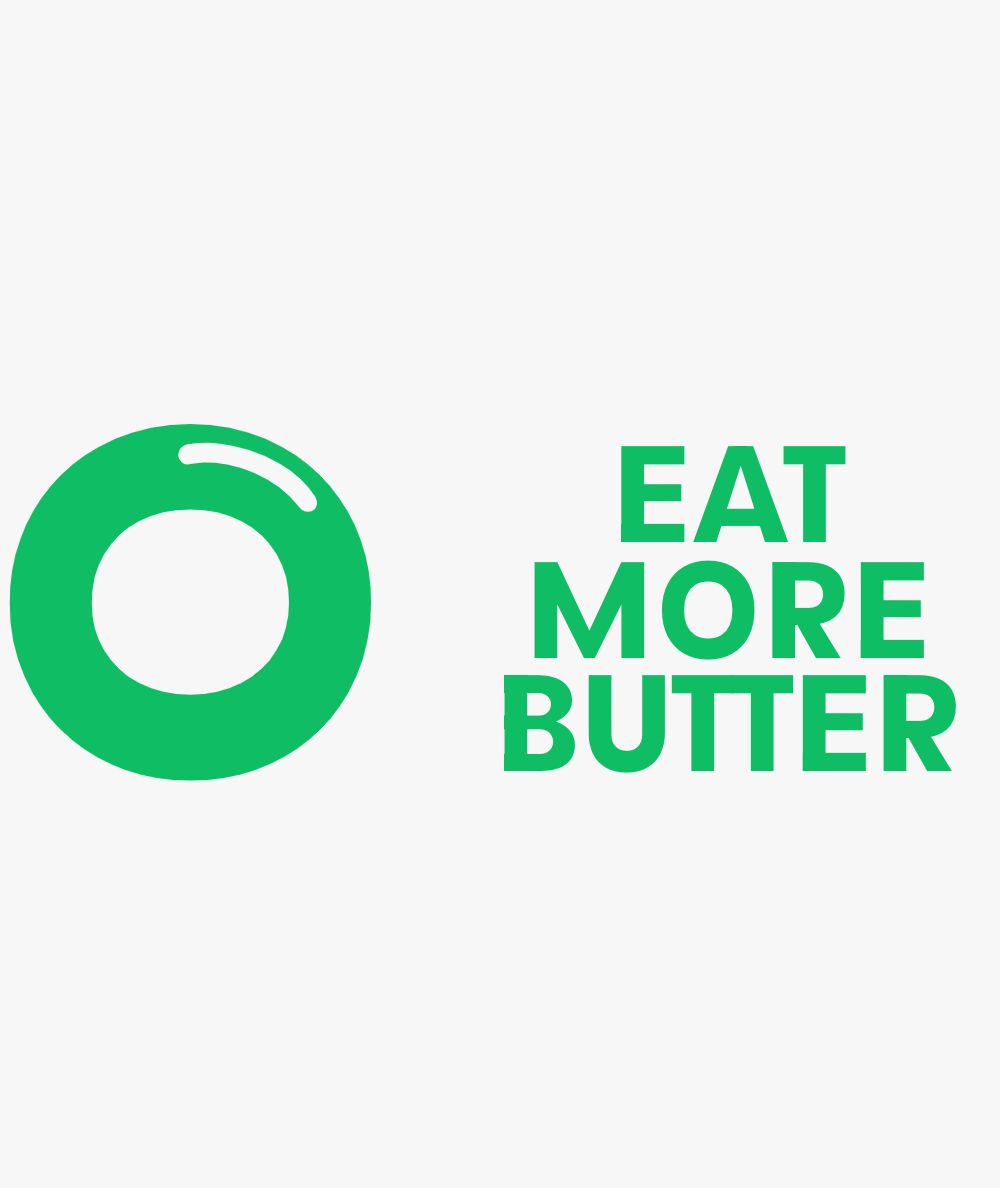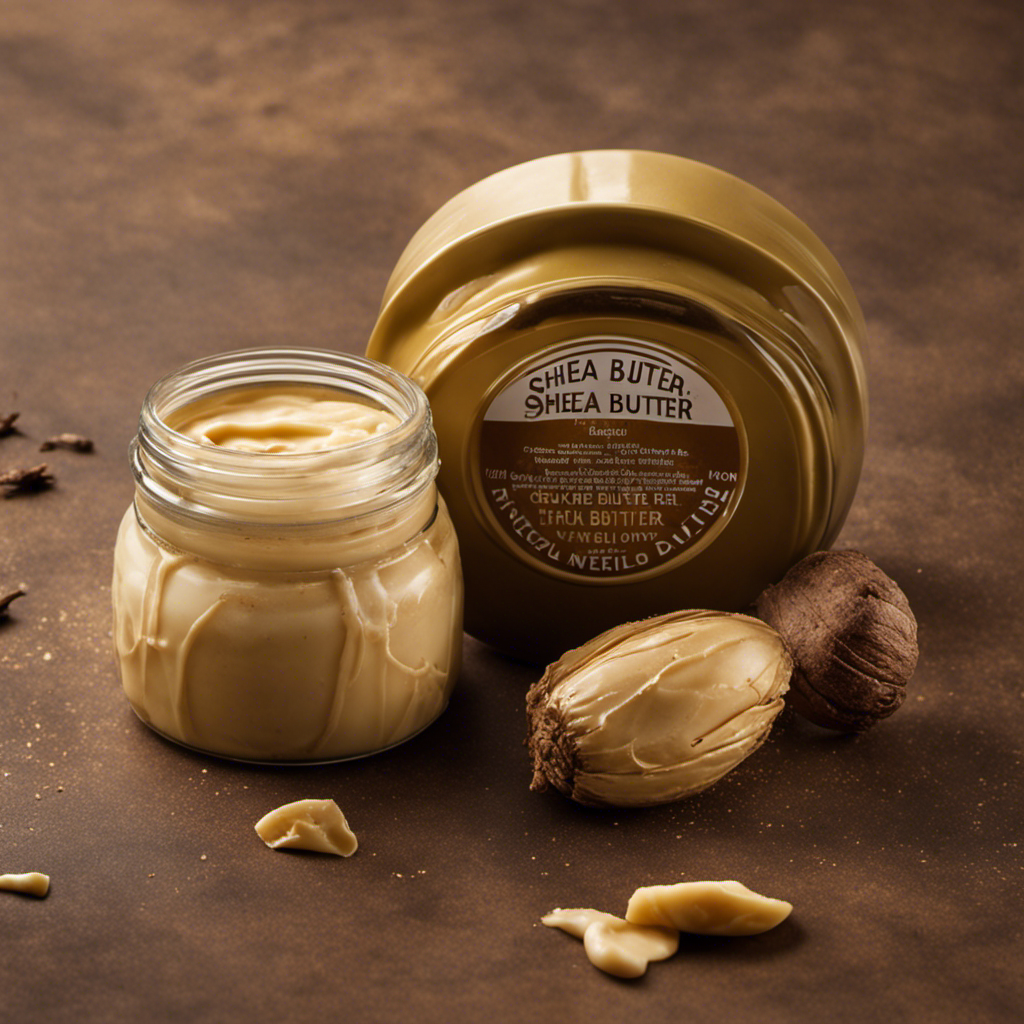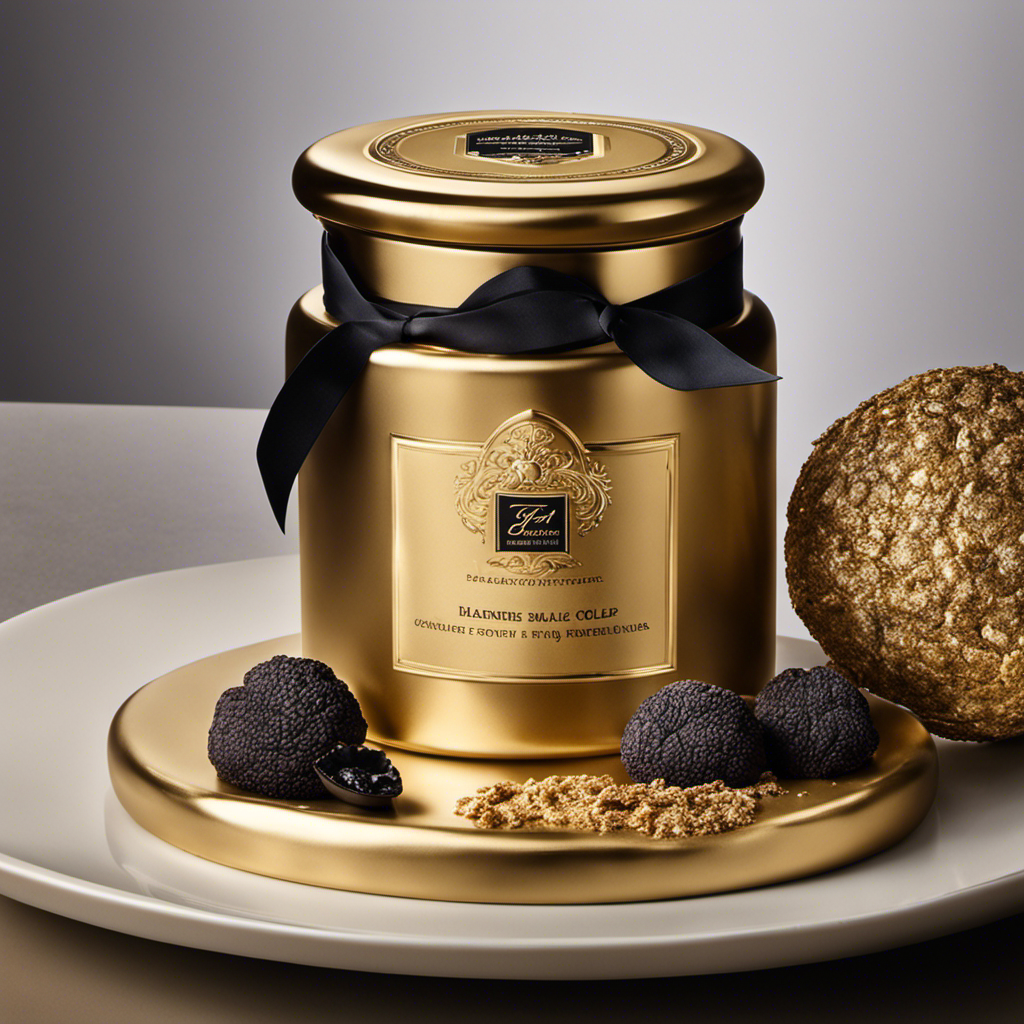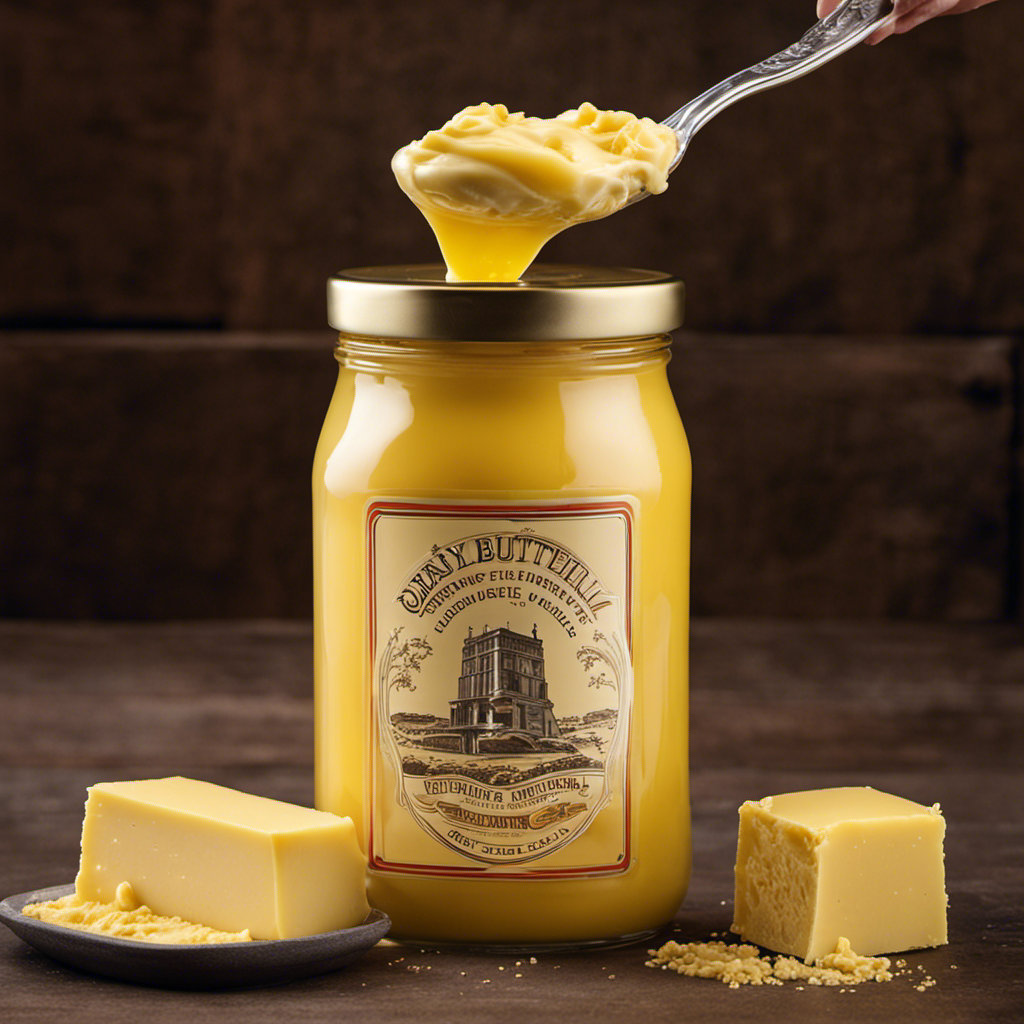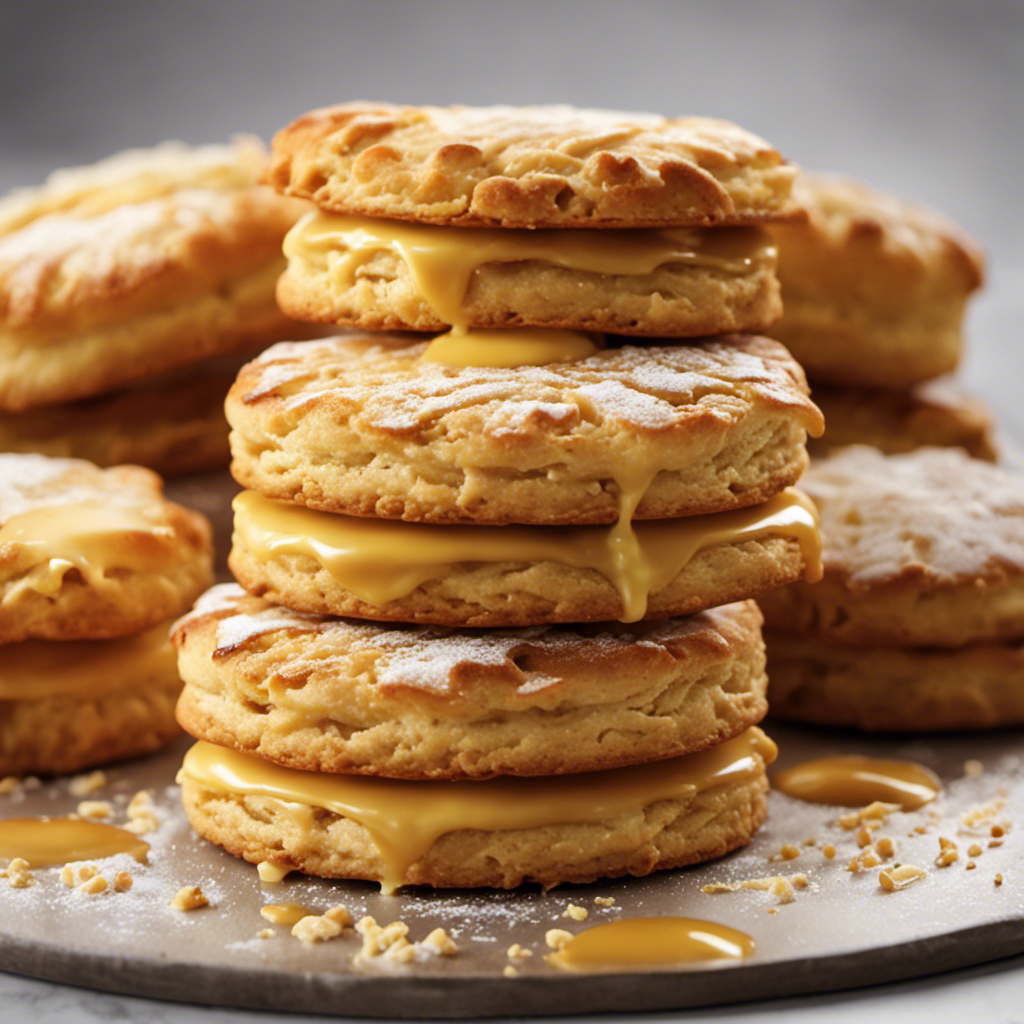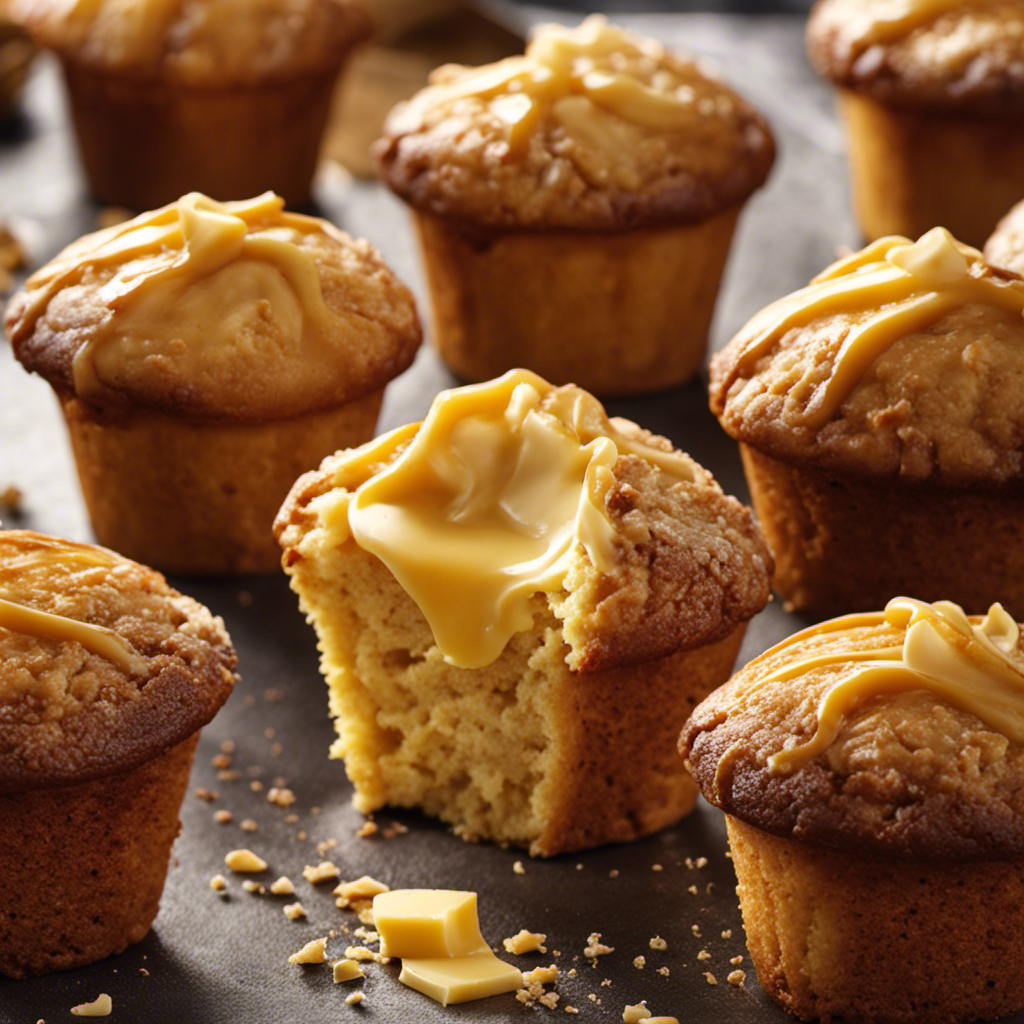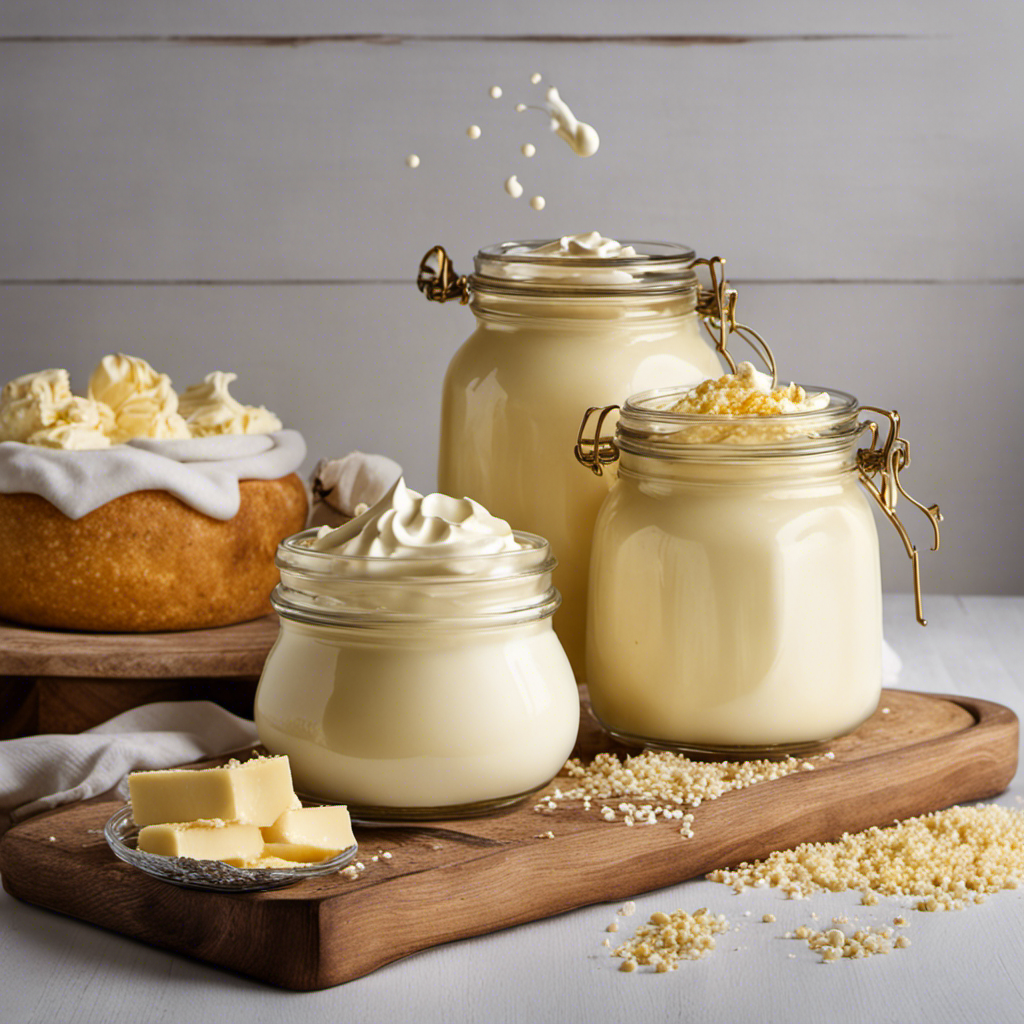Advantages of Homemade Butter: Freshness, Flavor, and Nutrition
I love the feeling of satisfaction that comes from making my own homemade butter. It’s like taking a journey back in time, when things were simpler and food was made with care.
In today’s fast-paced world, it’s easy to overlook the advantages of homemade butter: the freshness, the flavor, and the nutrition it brings to our meals.
So, let’s explore the benefits of making our own butter and rediscover the joy of homemade goodness.
Key Takeaways
- Homemade butter is a good source of vitamins A, D, E, and K, as well as essential fatty acids like omega-3 and omega-6.
- Making homemade butter allows for control over ingredients, resulting in a purer and more natural product with higher levels of vitamins compared to store-bought butter.
- Homemade butter offers enhanced flavor and personalization, with the ability to experiment with different flavors and add-ins to suit individual preferences.
- Making homemade butter is cost-effective, as it requires only one ingredient – cream – which is readily available and affordable, saving money in the long run.
Health Benefits of Homemade Butter
You’ll love the health benefits of homemade butter, like its high levels of vitamins and nutrients. Homemade butter is not only delicious but also provides several health benefits.
Firstly, it is a good source of vitamins A, D, E, and K. These vitamins play a crucial role in maintaining healthy skin, promoting proper vision, supporting immune function, and aiding in blood clotting.
Additionally, homemade butter contains essential fatty acids like omega-3 and omega-6, which are beneficial for heart health. These fatty acids help reduce inflammation, lower cholesterol levels, and support brain function.
Furthermore, homemade butter is rich in conjugated linoleic acid (CLA), a type of fatty acid that has been linked to numerous health benefits. Studies suggest that CLA may help reduce body fat, improve insulin sensitivity, and even have anticancer properties.
Moreover, homemade butter is an excellent source of fat-soluble vitamins. These vitamins, including vitamin A, D, E, and K, require fat for proper absorption. By consuming homemade butter, you can enhance the absorption of these vitamins and ensure that your body receives their full benefits.
Superior Freshness of Homemade Butter
When making your own butter, nothing compares to the unparalleled freshness that comes with the homemade process. The superior freshness of homemade butter is evident in every creamy, rich bite. Here are three reasons why homemade butter offers such exceptional freshness:
-
Farm-to-table experience: When you make your own butter, you have complete control over the ingredients. You can source the freshest cream from local farms, ensuring that your butter is made from high-quality ingredients. The result is a butter that is bursting with freshness and flavor.
-
Minimal processing: Homemade butter is made with minimal processing, unlike store-bought butter that often undergoes extensive processing and preservation techniques. By skipping these processes, homemade butter retains its natural freshness and wholesome qualities.
-
Immediate consumption: Making your own butter allows you to enjoy it immediately. You can churn the cream and enjoy the butter right away, without any delay. This immediate consumption ensures that you experience the butter at its freshest, preserving its natural flavors and health benefits.
The superior freshness of homemade butter not only enhances its flavor but also maximizes its health benefits. By using fresh ingredients and minimal processing, homemade butter retains its nutritional value, offering essential vitamins and healthy fats. So why settle for store-bought when you can enjoy the unparalleled freshness of homemade butter?
Enhanced Flavor of Homemade Butter
The irresistible taste of homemade butter is a result of the unique combination of fresh ingredients and minimal processing techniques. When you make butter at home, you have control over the quality of the ingredients, ensuring that only the freshest and highest quality cream is used. This freshness translates into an enhanced flavor that cannot be replicated by store-bought butter.
The creamy texture of homemade butter is another key factor in its superior taste. When you churn cream into butter, you are able to control the amount of fat and water content, resulting in a creamier and smoother texture. This creamy texture adds richness to your dishes and spreads, making them more enjoyable to eat.
Additionally, the minimal processing techniques used in making homemade butter allow the natural flavors to shine through. Store-bought butter often goes through extensive processing, which can strip away some of the natural flavors. By making butter at home, you can experience the true taste of fresh cream, resulting in a more flavorful end product.
Nutritional Value of Homemade Butter
To fully appreciate the nutritional value of homemade butter, it’s important to consider the high content of essential vitamins and minerals. Homemade butter is not just a delicious addition to your meals; it also offers several health benefits that store-bought butter may lack. Here are three reasons why homemade butter is nutritionally superior:
-
Higher levels of vitamins: Homemade butter is made from fresh cream, which retains more vitamins compared to store-bought butter. Vitamins like A, D, E, and K are essential for overall health, supporting immune function, bone health, and maintaining healthy skin.
-
Rich in healthy fats: Homemade butter is often made from cream sourced from grass-fed cows, which results in higher levels of omega-3 fatty acids. These healthy fats are known to promote heart health, reduce inflammation, and support brain function.
-
Lower in additives: Store-bought butters often contain additives like preservatives, artificial flavors, and colors. Homemade butter, on the other hand, is free from these additives, providing you with a purer and more natural product.
When it comes to nutritional benefits, homemade butter stands out from its store-bought counterparts. By making your own butter at home, you can ensure that you’re getting the maximum nutritional value without any unnecessary additives.
Control Over Ingredients in Homemade Butter
By making your own homemade butter, you have the ability to control the ingredients used. This provides several benefits, including the ability to choose high-quality ingredients and avoid any additives or preservatives that may be present in store-bought butter.
When making homemade butter, you can select the type of cream you prefer, whether it be organic, grass-fed, or from a specific source. This allows you to prioritize freshness and nutrition, as well as support local farmers or sustainable practices.
Controlling the ingredients also means you can customize your butter to suit your preferences. You can add herbs, spices, or even garlic to enhance the flavor. Additionally, you can experiment with different types of salt to achieve the desired taste. This level of control over the ingredients ensures that your homemade butter is tailored to your individual needs and preferences.
Furthermore, making your own butter gives you the peace of mind of knowing exactly what goes into it. You can avoid any artificial colors, flavors, or preservatives that are commonly found in commercial butter. This control over the ingredients allows you to make a healthier choice for you and your family.
Avoidance of Artificial Additives in Homemade Butter
When you make your own butter, you can ensure that it is free from artificial additives. This is particularly beneficial for people with allergies, as many commercial butters contain additives such as preservatives, artificial flavors, and stabilizers that can trigger allergic reactions. By making your own butter, you have control over the ingredients and can tailor it to suit your specific dietary needs.
Here are three reasons why homemade butter is a great choice for people with allergies:
-
Freshness: Homemade butter is made from fresh cream, ensuring that it is free from any potential allergens that may be present in store-bought options. This freshness not only enhances the flavor but also reduces the risk of allergic reactions.
-
Flavor: When you make your own butter, you can experiment with different flavors and add-ins to suit your taste preferences. You can incorporate herbs, spices, or even fruits to create unique and delicious butter variations without worrying about hidden allergens.
-
Nutrition: Homemade butter is rich in essential nutrients like vitamins A, D, E, and K, as well as healthy fats. By avoiding artificial additives, you can maximize the nutritional benefits of homemade butter and support your overall health.
In addition to being a great option for people with allergies, homemade butter can also be a creative cooking ingredient. Its versatility allows you to use it in various recipes, such as baked goods, sauces, or simply spread on toast. So why not give it a try and enjoy the benefits of homemade butter?
Cost-Effectiveness of Making Homemade Butter
When it comes to making homemade butter, one of the biggest advantages is the cost benefits. Making butter at home is significantly cheaper compared to buying it from the store. The process of making butter requires just one ingredient – cream – which is readily available and affordable. By making your own butter, you can save money in the long run.
In addition to being cost-effective, making homemade butter also saves you time. While it may seem like a time-consuming process, it actually requires minimal effort. With just a few simple steps, you can create your own butter in no time. The actual hands-on time involved is relatively short, with most of the process being passive, allowing you to go about your other tasks while the butter is being made.
Considering the cost benefits and the minimal time commitment, making homemade butter is a practical and efficient option. Not only will you be able to save money, but you will also have the satisfaction of knowing exactly what goes into your butter. By taking control of the process, you can ensure that your butter is free of any artificial additives and enjoy the freshness, flavor, and nutrition that homemade butter offers.
Personalization of Homemade Butter
To personalize your homemade butter, you can experiment with different flavors and add-ins such as herbs, spices, or even fruits. Adding customized flavors to your butter not only enhances its taste but also allows you to create unique and delicious spreads that suit your preferences.
Here are three ways you can get creative with your homemade butter:
-
Herb-infused butter: By adding fresh or dried herbs like rosemary, thyme, or basil to your butter, you can elevate its flavor profile and give it a delightful aroma. Herb-infused butter goes well with bread, roasted vegetables, or grilled meats.
-
Spiced butter: Spice up your butter with a blend of spices like cinnamon, nutmeg, or cardamom. This flavorful combination works wonders on pancakes, waffles, or even a slice of warm toast.
-
Fruit-flavored butter: For a touch of sweetness, consider incorporating fruits like strawberries, blueberries, or even citrus zest into your butter. This fruity butter is perfect for spreading on scones, muffins, or pancakes.
Connection to Traditional Food Preparation Methods
In addition to the personalization aspect of homemade butter, it is also worth noting its connection to traditional food preparation techniques and cultural significance.
Traditional food preparation methods have been passed down through generations, preserving the authenticity and cultural heritage of different communities. Making butter at home allows us to tap into these traditional techniques that have been used for centuries. From churning cream to using traditional tools like butter churns or wooden butter paddles, the process of making butter by hand brings us closer to our roots and allows us to experience the time-honored methods of our ancestors.
Furthermore, homemade butter holds cultural significance in many societies. It is often associated with celebratory occasions, religious rituals, or special events. In some cultures, the act of making butter is considered a communal activity, bringing people together and fostering a sense of community and shared identity.
Support for Local Dairy Farmers
Supporting local dairy farmers is essential for sustaining our community and ensuring the continued availability of high-quality dairy products. When we choose to buy locally produced dairy products, we not only support our local economy, but we also contribute to the preservation of our cultural heritage and the livelihoods of our neighbors.
Here are three reasons why supporting local dairy farmers has a significant emotional impact on our community:
-
Sense of community: By supporting local dairy farmers, we foster a sense of community pride and connection. Knowing that our dairy products come from nearby farms creates a bond between producers and consumers, strengthening our sense of belonging.
-
Economic impact: When we support local dairy farmers, we contribute to the economic growth of our community. By keeping our dollars circulating within the local economy, we help create jobs, increase tax revenue, and support other local businesses.
-
Environmental sustainability: Buying locally produced dairy products reduces our carbon footprint. By reducing the distance that these products need to travel, we minimize transportation emissions and support sustainable farming practices.
Sustainability of Homemade Butter
When we make our own butter at home, we’re able to control the ingredients and ensure the sustainability of our dairy products. By choosing to make butter from scratch, we can reduce our environmental impact and contribute to a more sustainable food system.
One of the main advantages of making homemade butter is that we have control over the ingredients we use. We can choose to source our cream from local and organic dairy farms, supporting sustainable practices and reducing the carbon footprint associated with transportation. Additionally, we can avoid the use of artificial additives and preservatives that are often found in store-bought butter.
To illustrate the environmental impact of homemade butter, let’s compare it to store-bought butter in a table:
| Homemade Butter | Store-Bought Butter | |
|---|---|---|
| Carbon Footprint | Lower | Higher |
| Packaging Waste | Minimal | Excessive |
| Transportation Distance | Shorter | Longer |
As we can see, making our own butter at home can significantly reduce our carbon footprint, as well as minimize packaging waste. By sourcing local ingredients and reducing the distance traveled, we can contribute to a more sustainable and environmentally-friendly food system.
Versatility in Homemade Butter Usage
You can use homemade butter in a variety of ways to enhance the taste and texture of your favorite dishes. Here are three ways that homemade butter can elevate your culinary creations:
-
Unique recipes: Homemade butter allows you to experiment with unique flavors and ingredients. You can infuse it with herbs, spices, or even fruits to create custom-flavored butters that add a burst of taste to your dishes. Imagine spreading a slice of warm, homemade bread with lavender-infused butter or topping your grilled steak with a dollop of garlic and herb butter. These unique combinations will take your meals to the next level and impress your family and friends.
-
Homemade butter storage tips: When you make your own butter, you have control over its freshness and quality. To ensure its longevity, store your homemade butter in an airtight container in the refrigerator. This will help preserve its flavor and prevent it from absorbing any unwanted odors from other foods in your fridge. Additionally, you can freeze your homemade butter for longer storage. Simply wrap it tightly in plastic wrap or place it in a freezer-safe container before freezing. This way, you can enjoy the taste of homemade butter whenever you need it, even if you made a large batch.
Incorporating homemade butter into your cooking not only adds a rich and creamy taste to your dishes but also gives you the freedom to explore unique flavors and experiment with different recipes. By following these storage tips, you can ensure that your homemade butter stays fresh and delicious for longer periods of time.
Fun and Satisfaction of Making Homemade Butter
The process of making your own butter at home is not only enjoyable, but it also gives you a sense of satisfaction and accomplishment. There’s something special about creating a staple food item from scratch, using simple ingredients and your own two hands. Not to mention, making homemade butter can be a fun activity to do with family or friends, or even as a solo project.
To make it even more engaging, you can experiment with different creative recipes and flavors. By adding herbs, spices, or even fruits to your butter, you can create unique and delicious spreads that will impress your taste buds. The possibilities are endless when it comes to homemade butter!
To give you some ideas, here’s a table showcasing three creative recipes you can try:
| Recipe | Ingredients | Flavor |
|---|---|---|
| Garlic Parmesan | Butter, garlic, cheese | Savory and cheesy |
| Honey Cinnamon | Butter, honey, cinnamon | Sweet and aromatic |
| Herb Infused | Butter, fresh herbs | Fresh and fragrant |
As you can see, making homemade butter opens up a world of fun activities and creative recipes. So why not give it a try and experience the joy of making your own delicious butter at home?
Frequently Asked Questions
How Long Can Homemade Butter Be Stored?
Homemade butter can be stored for a decent amount of time. The shelf life of homemade butter depends on how it is stored.
If kept in an airtight container and stored in the refrigerator, it can last for up to 2-3 weeks. However, if you want to extend its shelf life, you can also freeze homemade butter.
When frozen, it can last for several months, maintaining its flavor and freshness.
Can Homemade Butter Be Made With Lactose-Free Milk?
Yes, homemade butter can be made with lactose-free milk. Using lactose-free milk for homemade butter has several benefits.
Firstly, it allows individuals with lactose intolerance to enjoy the deliciousness of homemade butter without any discomfort.
Secondly, it ensures that the butter is free from lactose, making it suitable for those with dietary restrictions.
When making homemade butter with lactose-free milk, it is important to follow the same steps as with regular milk, such as separating the cream and churning it until it forms butter.
What Equipment Do I Need to Make Homemade Butter?
To make homemade butter, you’ll need a few basic pieces of equipment. First, you’ll need a food processor or stand mixer with a whisk attachment. This will help you churn the cream into butter.
You’ll also need a fine mesh strainer or cheesecloth to strain the liquid from the butter solids.
Lastly, you’ll need a bowl or container to store the finished butter.
Now that we’ve discussed the equipment needed, let’s move on to a step-by-step guide on making homemade butter.
Can Homemade Butter Be Used as a Replacement for Margarine in Baking?
Using homemade butter in pastry recipes can be a great alternative to margarine. It adds a rich flavor and a creamy texture to baked goods.
In terms of nutritional value, homemade butter is a natural product that contains healthy fats and is free from artificial additives. Margarine, on the other hand, often contains hydrogenated oils and artificial flavors.
Is Homemade Butter Suitable for People With Dairy Allergies?
As someone who has a dairy allergy, I was curious to know if homemade butter would be a suitable alternative for me.
When comparing homemade butter to store-bought alternatives, it’s important to consider the freshness and flavor that homemade butter offers.
Additionally, homemade butter can have health benefits for non-allergic individuals, such as being a good source of healthy fats and essential nutrients.
However, for those with dairy allergies, homemade butter would not be suitable as it is still derived from dairy.
Conclusion
In conclusion, homemade butter offers numerous advantages. It provides freshness, flavor, nutrition, and control over ingredients. It is fascinating to note that according to a study conducted by the University of California, homemade butter contains 50% more omega-3 fatty acids compared to store-bought butter. This statistic highlights the nutritional benefits of homemade butter and emphasizes the importance of incorporating it into our diets.
By making our own butter, we can enjoy its many benefits. We also support local dairy farmers and promote sustainability.

